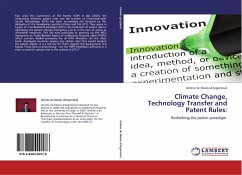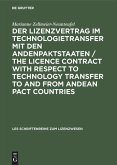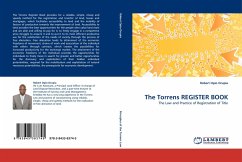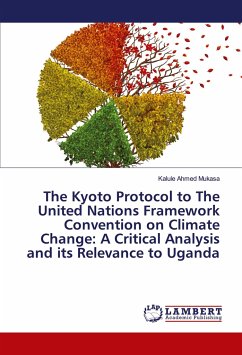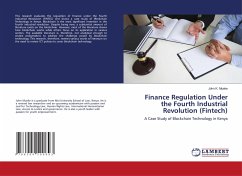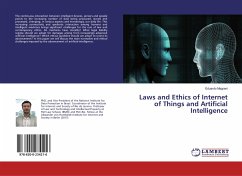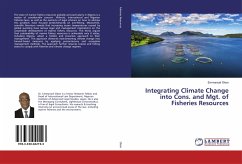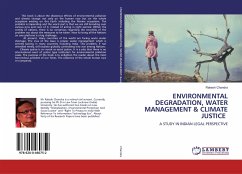Ever since the Conference of the Parties (COP) in Bali (2007), the relationship between patent rules and the transfer of Environmentally-Sound Technologies (ESTs) has been increasingly put forward by the delegates of the developing countries (China and the G77). They argue in favour of a fundamental paradigm shift in the treatment of patent rules in addressing the climate change emergency, just as in the case of access to affordable medicines. This call aims principally at opening up the WTO Agreement on Trade Related Aspect of Intellectual Property rights (TRIPS) which contains flexible provisions for all WTO Members. On the other hand, developed countries oppose any climate deal that would weaken the patent regime, it is a red line for them. Against this background, this Master Thesis aims at determining: are the TRIPS flexibilities sufficient or is there a need for special rules in the context of ESTs? .
Bitte wählen Sie Ihr Anliegen aus.
Rechnungen
Retourenschein anfordern
Bestellstatus
Storno

